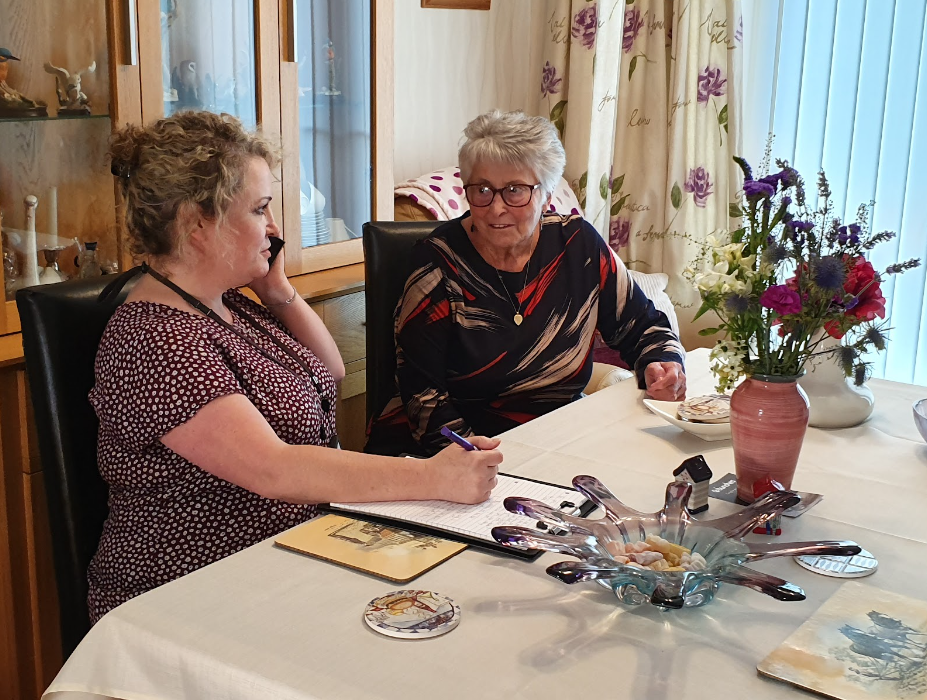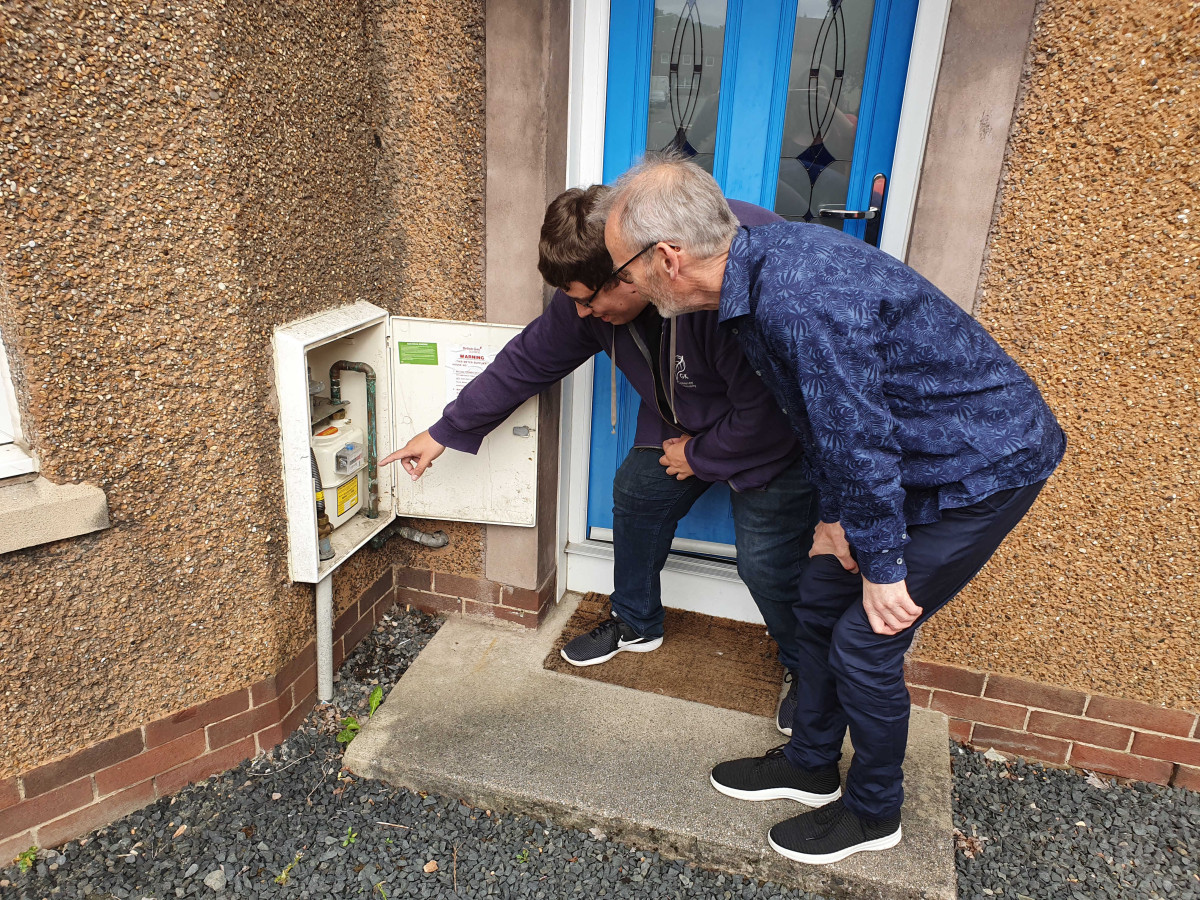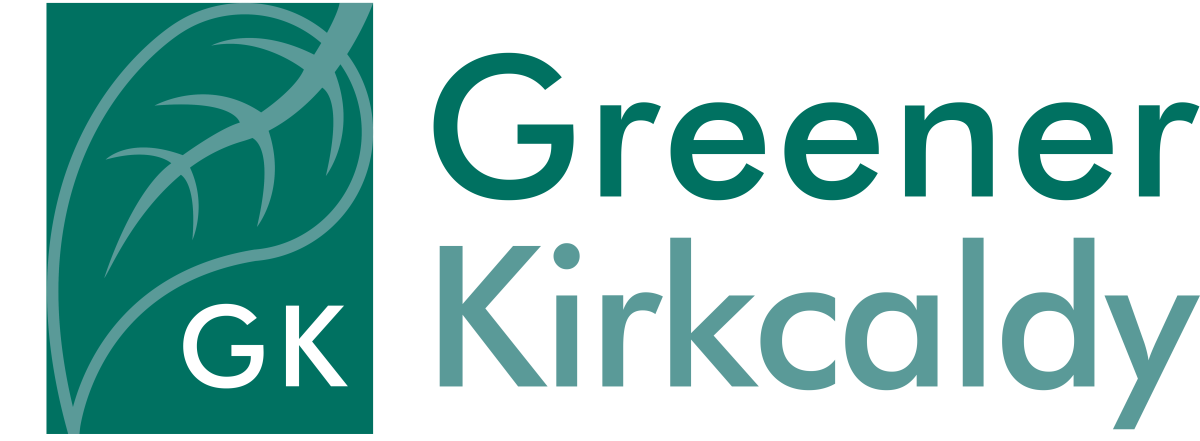
Budget advice session
Find out more:https://www.greenerkirkcaldy.org.uk/
Greener Kirkcaldy is a community-led charity and development trust working to combat the climate emergency, tackle fuel poverty and food insecurity, and bring people together for a more sustainable Kirkcaldy. We deliver a range of projects, events and skills training to meet the needs and goals of local people – working towards a future where everyone can live better and tread more lightly on our planet. We have a community building with a training kitchen, as well as a bike shop on the High Street and a community garden in Kirkcaldy. We also work with partners to deliver projects across the whole of Fife as part of Climate Action Fife.
Choice First is a cash-first approach we are piloting in partnership with Fife Council (Putting People First) and the Kirkcaldy Foodbank. This six-month pilot offers a monthly shopping voucher as financial support to fifteen people. The amount offered depends on household size and participants can choose the shop they want to use. This enables them to access food with dignity and choice. Alongside the voucher, people are offered one-to-one support to identify services relevant to their situation. These services include income maximisation, budgeting, cooking classes, debt advice, home energy advice, housing support, mental health services and more. For this project we supported participants from diverse backgrounds including: people in work and unemployment, older people, people with health issues who are unable to work, and people at risk of food insecurity.
The Choice First Pilot Project offers person-centred support, allowing us to enhance people’s dignity by supporting them to feel:
Providing vouchers allows people to decide where and when they shop, and what food to eat. This enables them to suit their diet to be culturally, appropriate, meet dietary and health requirements (eg. diabetic, gluten-free, IBS, dairy-free, low salt diet etc).
The supermarket vouchers have meant that people can do their shopping as others do, leaving them time to take part in community life. This is partly due to the fact that we post vouchers to people’s houses meaning that they do not need to take time out of their lives to go and pick them up.
Some participants are doing more exercise, going to the gym together or joining other community groups. Overall, getting out of the house more and joining the cooking classes which have become a safe space to socialise. This is significant as some of them have not been out much since Covid and suffer from anxiety.

Energy advisor and a participant looking at a gas meter
“Our person-centred approach means participants can choose what support they want. Offering this support on a longer term basis has led to visible changes in increasing people’s confidence and building resilience.”
Participants are eating better, the vouchers have led to more varied diets including fish, meat, fruit and veg. We have also been able to signpost participants to grants and help complete welfare forms. Cosy Kingdom has helped clear energy debt, supplied fuel vouchers, warm home discounts, and provided ‘cosy packs’, curtains and slow cookers for the winter.
Overall, income maximisation has meant a reduction in the need for regular and / or emergency food support and improved household incomes overall.
One-to-one support has allowed us to come up with solutions together. We have also developed relationships of trust with our community. One way in which we’ve done this is not asking to see voucher receipts. Stronger relationships based on trust have supported people to feel more valued and able to contribute.
One of the challenges we faced in this project was involving the participants in the design stage. Sometimes we can feel pressured to set up things quickly, due to an imminent need in the community and / or funding constraints. This hinders us from being able to include people with lived experience of food insecurity in running the project. Still we made sure participants had some decision-making power in the support they received.
“This project allowed us to do what we do best as social organisations - build and strengthen communities. Offering direct financial support meant a reduction in the need for regular and / or emergency food support. This took pressure off food banks and community pantries giving us space to support people in holistic ways.”
We hope that this pilot and the clear benefits it brought will mean that approaches to food insecurity will be based on person-centred support and available to all. This will help tie loose ends when funding streams end. For this pilot, as the funding ended, we made sure to invite participants to join a community pantry although we know that is a step down in the level of support they were able to access.
We believe learnings from this pilot are critical, particularly as the need for this support grows in the current cost of living crisis.
“Listen to people and involve them in their own journey. Also, everybody involved needs to buy into the dignity principles for it to work.” – Jackie Arreaza, Development Worker, Community Food Team.
